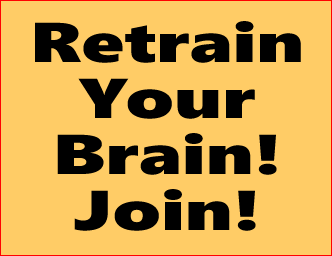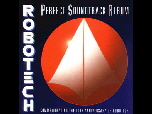INTRODUCTION:
This page is dedicated to the life and collective works of George Nassar (the alleged Boston Strangler). It spans the entire time period of his incarceration. Throughout his many years in prison, Mr. Nassar was instrumental in securing prisoner's rights within Massachusetts and beyond. He poured his decades of knowledge and experience on the subject of prison reform into several educational documents, which we will be presenting herein.
These works were obtained by David Robitaille who personally picked up the box containing these works from MCI Shirley prison in Massachusetts. He forwarded them to our Creative Expressions program (helps incarcerated publish books) for transcription, overseeing all stages himself. Later he transferred all documents to The Foundation for safe keeping and distribution a Mr. Nassar wanted.
During his interactions with Mr. Nassar David was able to see certain patterns in Nassar’s activities past and present which bring to light new evidence challenging the contention that Albert DeSalvo committed the Boston Strangler murders. David has forwarded this to us and is standing by for verification. We will be releasing an edited copy of Mr. Nassars’ auto autobiography detailing this new evidence in its entirety.
CRIME: Its Nature, Cause, and Cure
Metacriminology Essays in Sartrean criminology
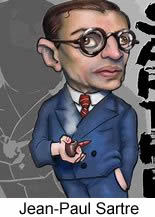 Sartrean criminology is founded upon his philosophy of freedom, which in the shorthand of the times is called existentialism, as he defined such in his principal texts, which are: Being and Nothingness (A Phenomenological Essay on Ontology), Critique of Dialectical Reason (as summary and conclusion in its introductory Search for a Method), and The Family Idiot (a “comprehensive method” biography of Gustav Flaubert (the “Flaubert”). His defining criminologic term is in Saint Genet.
Sartrean criminology is founded upon his philosophy of freedom, which in the shorthand of the times is called existentialism, as he defined such in his principal texts, which are: Being and Nothingness (A Phenomenological Essay on Ontology), Critique of Dialectical Reason (as summary and conclusion in its introductory Search for a Method), and The Family Idiot (a “comprehensive method” biography of Gustav Flaubert (the “Flaubert”). His defining criminologic term is in Saint Genet.
These texts laid the foundation for a valid criminology. More precisely, they are criminology’s conceptual superstructure, its terminological design.
The basic social science reason for this is that Sartre’s first major work, Being and Nothingness, ended with the promise of realizing its ethical import. For in Being and Nothingness Sartre had established the being of the human existent, the design or structure of what is called consciousness, its operative features, most broadly put as the reality of the existent we are. It followed that the final question of the text was, How should this being, given its structure, be conducting itself in the social domain to be true (“authentic”) to itself, hence the concluding ethical question.
This social science question of ethics has had its tradition beginning in the mid-nineteenth century, dominantly in the early twentieth century, that in the English tradition is called moral science, in the German, Giestesweissenshaften (science of mind/spirit), and more generally, philosophical anthropology. The mutual (global) quest, of course, was to establish a science of morality comporting with, and complementary to, the physical sciences. In this sense, the quest was to find substitution for the guiding authority of the Western world’s faith in God which, beginning at least from the Enlightenment and definitively asserted by Nietzsche at the end of the nineteenth century, suffered a “death” (“God is dead”). That span of time to the present has been the ages of materialism, the industrial revolution, physical science and its technologies, the burgeoning of mechanisms driving mankind, a machine Moloch with a mind and morality of its own, the certain determinant of this machine morality being the absence of a social science (“humanist” sometimes called “secular humanist”) ethics, a unified field theory of social science which would have an equivalent directive force.
Theoretically there should be an equivalence of physical and social science, the perfect realization of the social as being that of the perfection of the natural sciences, so that as an individual is truly realized in a creative natural product, so should the social, or group. Theoretically it follows that the unrealization of such is irrealization, increativity, unauthenticity, destruction. That balance of equivalence of the creative product is ethics realized, the perfect match of human being to material product, and human being to human being in the social product. Its inverse is the unethical, immoral, that has been traditionally called evil, and more secularly, crime.
April 17, 2001. The convergence of the materialism of natural science to that of the transcendent, idealist nature of social science Sartre denominated as historical materialism.
That abstract formulation comported with his description of human reality as that synthesis of mind and body he defined as “consciousness is body” – (“that is all that it is”). Because my texts, with notations, have been repeatedly destroyed or confiscated, I cannot regularly cite page numbers; the text is BN. Since body is material and “in-the-world,” the relation of mind to matter is “an original relation,” neither a pure subjectivity nor a pure objectivity. Sartre settles this synthesis, in BN and Search/Critique, through “the progress of science” (BN, Washington Square Press, N.Y., 1966, pp. 406 ff), “rejecting [the] notion of absolute objectivity”:
If microphysics can reintegrate the observer into the heart of the scientific system, this is
not by virtue of pure subjectivity – this notion would have no more meaning than that of
pure objectivity – but as an original relation to the world, as a place, as that toward which
all envisaged relations are oriented. Thus, for example, Heisenberg’s principle of indeter-
minacy can not be considered either as an invalidation or a validation of the determinist
postulate. Instead of being a pure connection between things, it includes within itself the
original relation of man to things and his place in the world.
We will be presenting more excerpts from George Nassar’s works and insights in the near future.




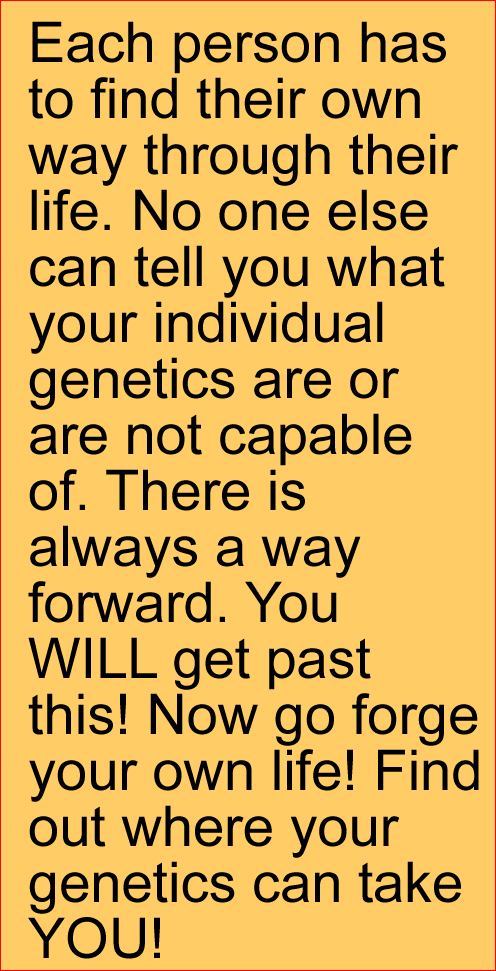

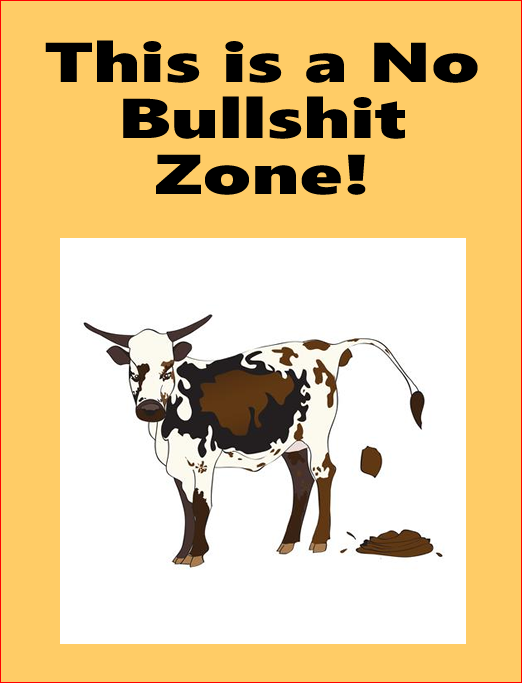
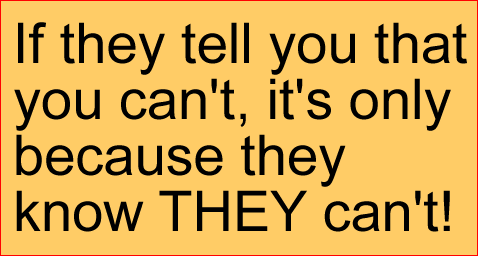

The Pirate Movie:GIVE ME A HAPPY ENDING
We thought we would add a bit of HOPE & Peace. Enjoy!
WE WILL WIN!
Hope for all living on the Sex Offender Registry!


DISCLAIMER
The Foundation is not responsible for any of the information you find on third-party websites. Please use discretion when implementing any of the suggestions on third-party websites. We do our best to provide you with useful and accurate links.
NOTIFICATION:
This entire website, which does not include third-party links, is a No Cancel Culture, free speech and freedom of expression zone. This means you may come across offensive and or objectionable content. We allow and encourage all manner of freedom of expression regardless of the social norms in place at the time (from the past, today or in the future).
GOLDEN SCORPION

